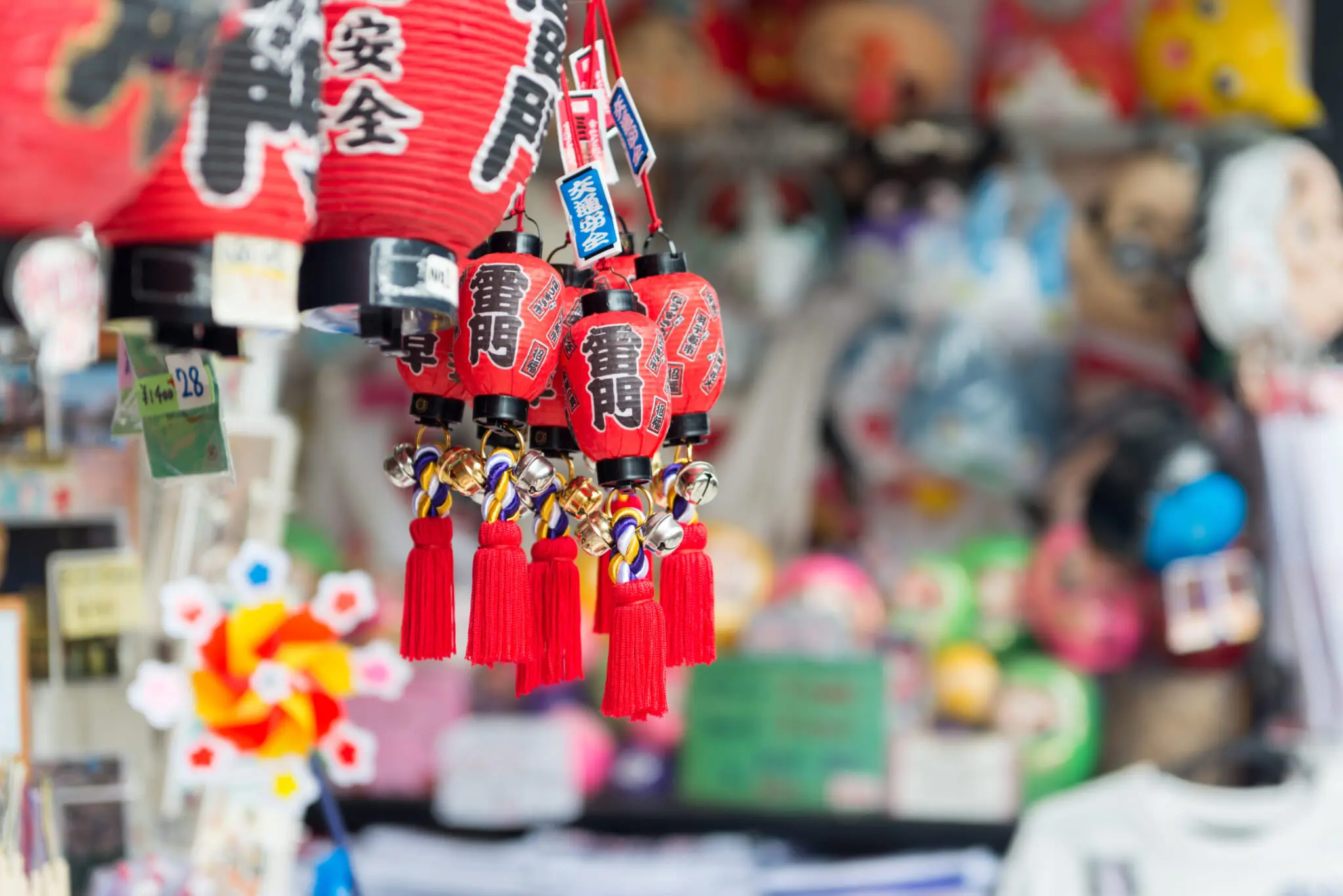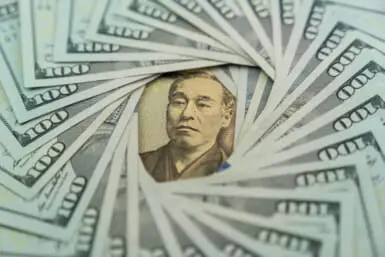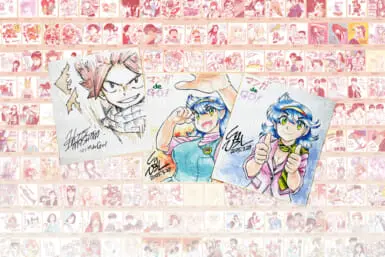
Souvenirs for the Writer
For any budding writer or artist, a handmade notebook makes for the perfect gift. Japan’s famous made-to-order notebook shop Kakimori in Asakusa makes use of beautiful Japanese washi paper to craft the covers of its notebooks. Washi paper, for the uninitiated, is a traditional paper-making technique that incorporates various natural elements into the pulp itself. The addition of fabrics, found objects and natural materials such as pressed flowers gives the paper a unique, luxurious texture.
Other than washi, leather and fabric are also on offer, with over 60 different options available. Once the cover is selected, paper type, fastener design and spiral color are customizable, with the addition of metal page tips for a touch of elegance.
Any givers can enjoy the experience of designing a notebook, watching as it is crafted in the shop. Who knows, you may even walk out with your own too.
Kakimori’s comprehensive website has details on shop locations, how to reserve and more.
Souvenirs for the Chocoholic
Is it wrong to assume that most of the world enjoys chocolate? The cacao bean love spread across Japan in the mid-50s, yet it is only recently that third-wave bean-to-bar chocolate has taken hold. And even though it took Japan a while to get to grips with the artisan chocolate concept, now there are plenty of options. One such bean-to-bar chocolate brand, Yoyogi-based Minimal, embodies the Japanese idea of minimalism.
Minimal opens the idea of sophisticated bean-to-bar, via its deliciously simple ingredients, meticulously tended to from start to finish. The chocolate surpasses the “fair” in fair trade and even takes its packing seriously. Minimal makes a great souvenir for any chocolate lover.
Read more about Minimal in our exclusive interview with its founder.

Souvenirs for the Whisky Connoisseur
While scotch whisky is the most famous, true whisky fans will love a souvenir of Japanese whisky. It’s known for its double distilled method, modeled after the Scottish technique with a Japanese twist, using local woods such as cedar and oak for the barrels.
In typical Japanese fashion, the process is meticulous, leading to deep, smoky flavors, distinctive to Japan. Visitors to the country’s most reputable distilleries, Suntory and Nikka, will be delighted with the tours. But for people back home who can’t make it, a bottle is the next best thing.
Liquors Hasegawa is an independent liquor store, underneath Tokyo Train Station. The owners are well versed in choosing liquor for gifts and are on hand to advise any omiyage hunters. Crowd pleasers are the Hibiki from Suntory and the Yoichi from Nikka, but make sure to consult with the friendly staff to get an even more personalized gift.
Check out the Liquors Hasegawa site (Japanese only, but a translation extension like Google is your friend) for opening times, access, and product information.
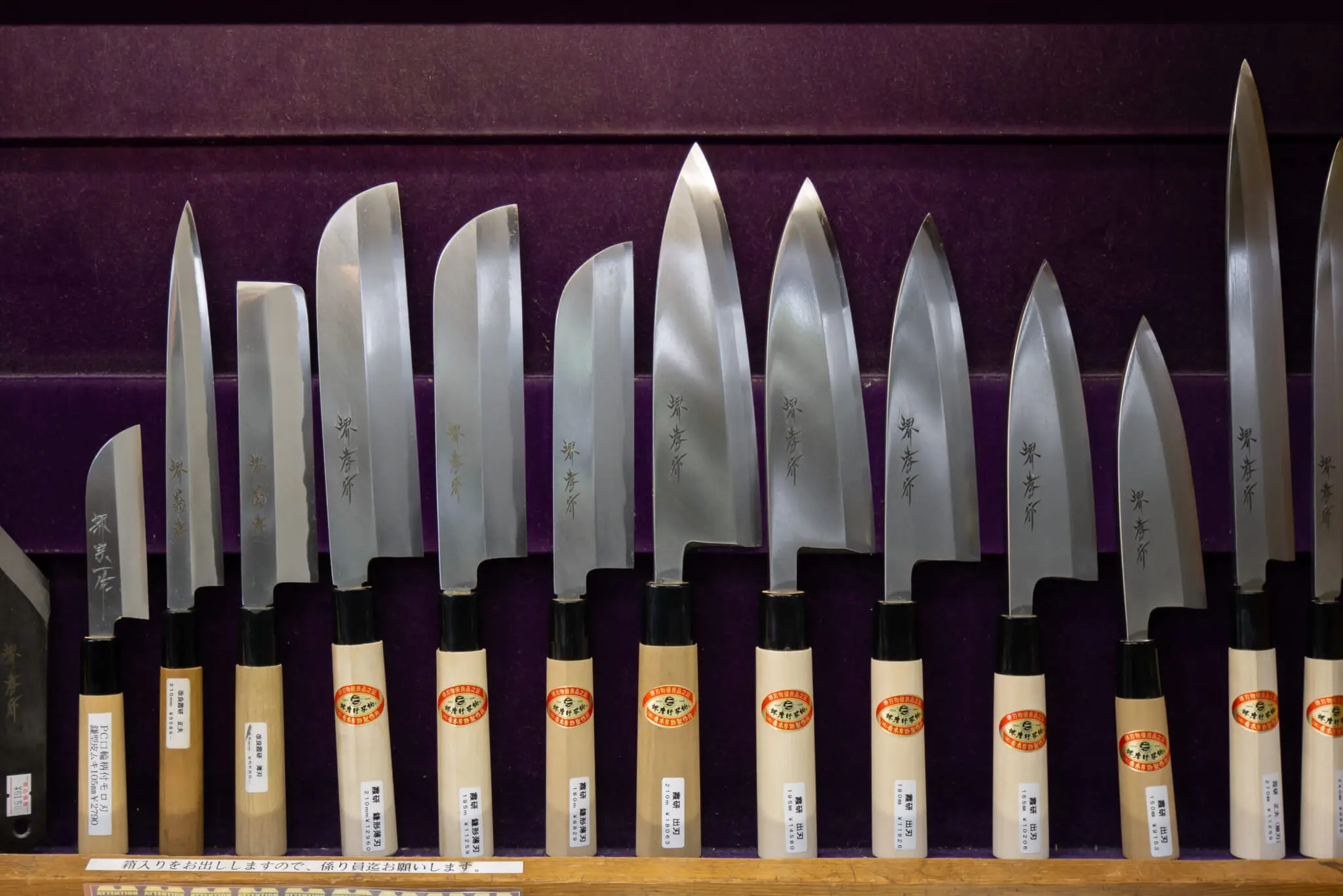
Photo by jeab05 via Shutterstock
Souvenirs for the Cook
Japanese knives are famed worldwide for sharpness and durability, with a good Japanese knife lasting a lifetime. Japanese knifemakers command a certain amount of respect for their dedication to the craft, with expensive Japanese knives costing as much as a small house (or a Tokyo apartment).
Wallet-friendly knives are still of exceedingly high caliber and one street in Tokyo is filled to the brim with all sorts of varieties, from the mortgage-ready variety through to the affordable types. The knives on Kappabashi-dori can be carbon steel or stainless steel, blades that are decorated and those which are plain, handles of Japanese cedar and others of birch, the choices are endless.
Two of its most famous shops — Tsubaya and Kamata Hakensha — have experts ready to help with any niggling requests or souvenir queries. Many of the businesses are family-run and have been passed on through generations, so even just a visit to the street is fun, to soak up the atmosphere.
For more info such as opening times and stock list, visit a website of a knife store in the area.
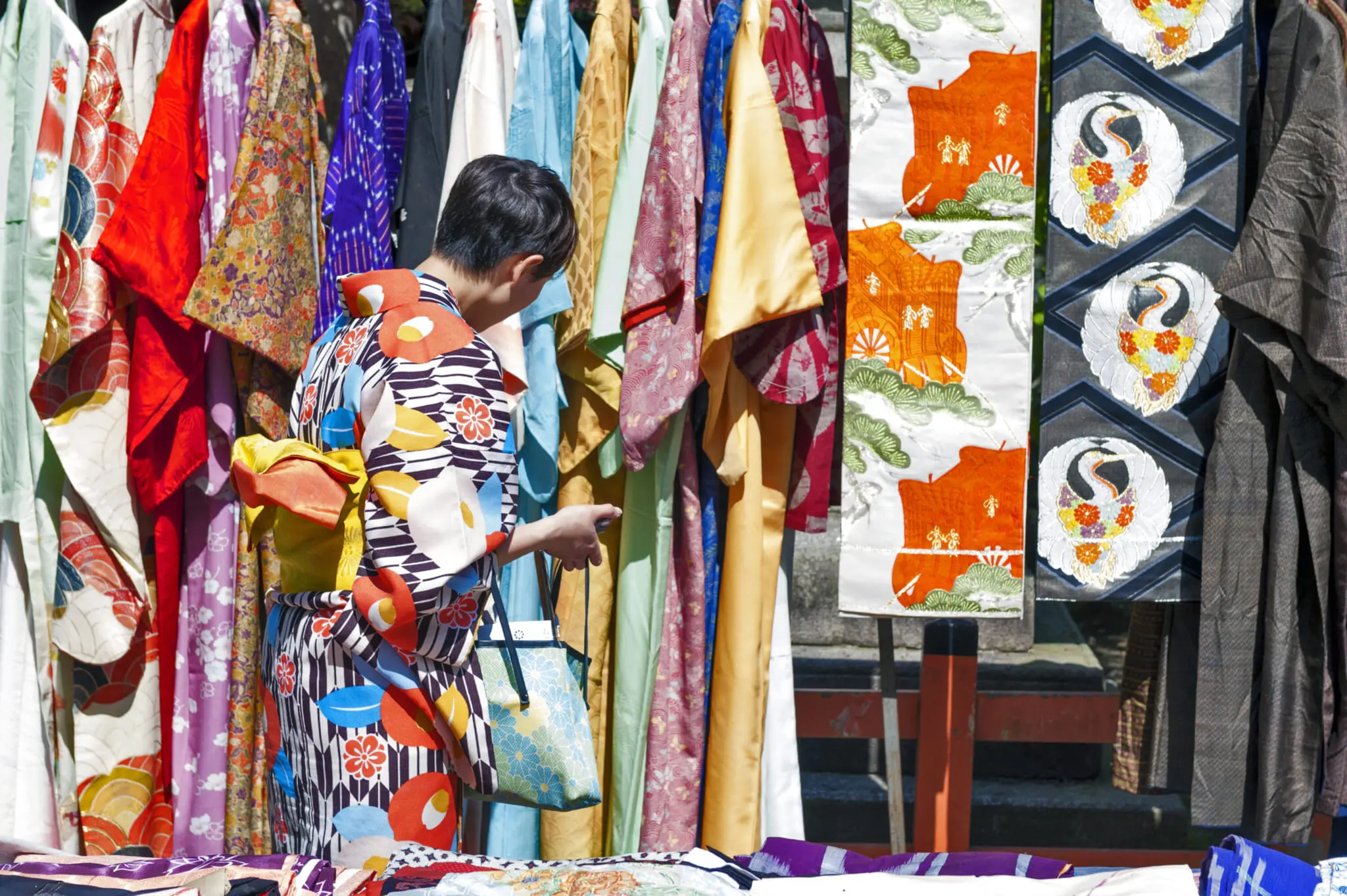
Photo by Gaid Kornsilapa via Shutterstock
Souvenirs for the Fashionista
A great choice for those who appreciate fashion could be a kimono or other variety of Japanese traditional wear such as a yukata (light kimono made of cotton or similar material for the summer). In an increasingly self-conscious world, wearing an item made from kimono fabric may be more practical than a kimono itself, with bonus sustainability points.
The market for repurposing kimono in Japan is vast with a variety of Japan-based designers making the most of the readily-available kimono fabrics.
A good example of this is Tokyo Kaleidoscope, which fashions opulent kimono material into custom-made clothing for both men and women. Another pickup is W@nder Fabric, which repurposes kimono fabrics into baseball caps, even featuring a holographic sticker for the streetwise.
Visit the Tokyo Kaleidoscope page for more details.
Souvenirs for the Sock Thief
Japan has a surprisingly good sock selection. We love the socks from Family Mart convenience stores, which come in various lengths and thicknesses. Its Convenience Wear collection is designed by the head of the Japanese brand Facetasm, with packaging from the same designer behind North Face. When the collection first launched in 2021, it sold out almost immediately. Grab a few of these for someone who always misplaces their socks.
Find out more about Family Mart, including its history and locations.
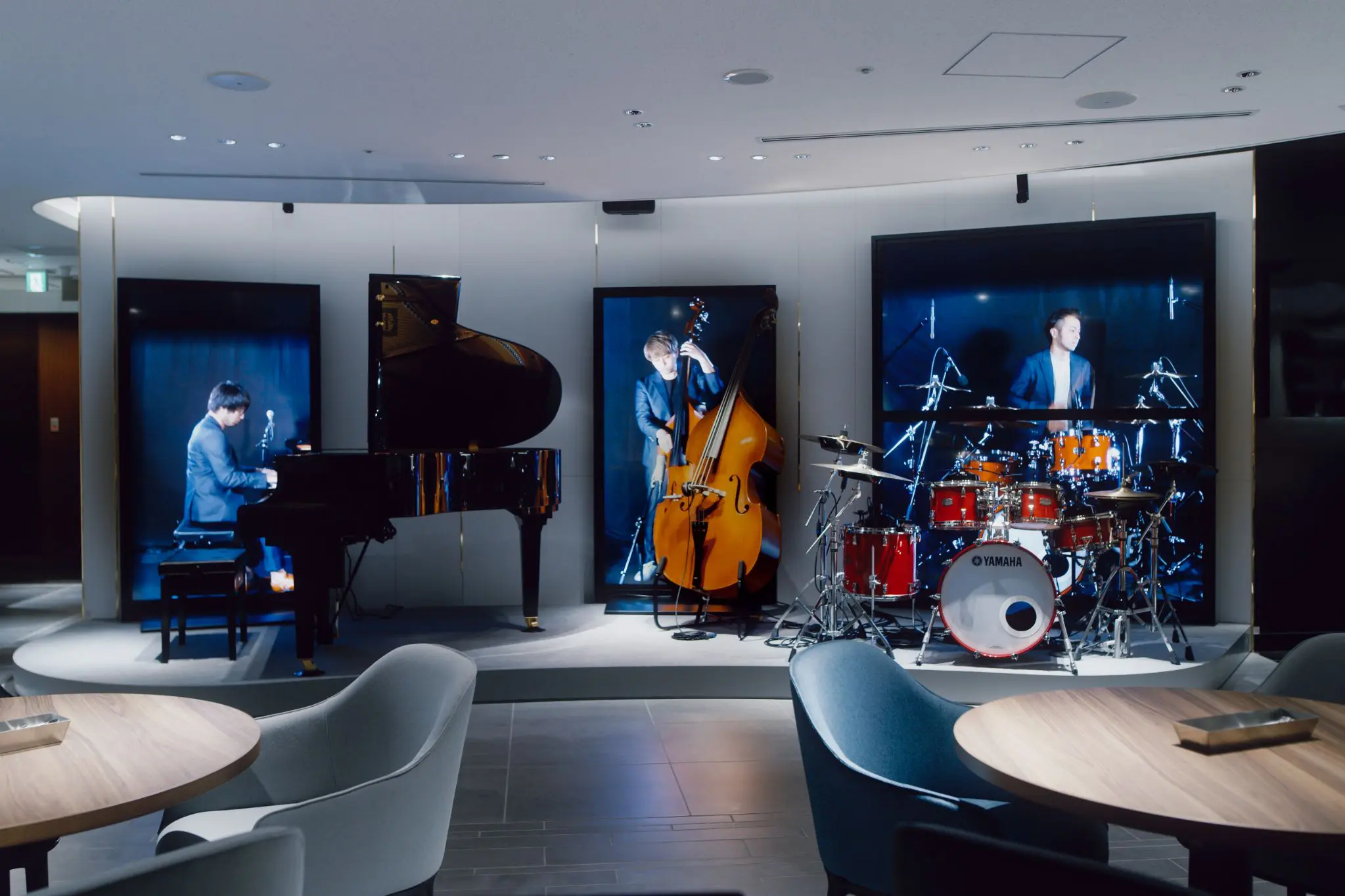
Souvenirs for the Musician
Anyone into music will appreciate Japanese audiophile technology. With world-leading brands such as Audio-Technica, Yamaha and Onkyo, visitors are spoilt for choice. Yamaha opened a new showroom in mid-2023, and Korg’s experience lounge is built for a great experience for the gifter as well as the giftee.
Get someone — or even yourself — a new guitar accessory, or let a knowledgeable assistant advise you on the best souvenir.
We recommend the Yamaha Ginza shop for rock and pop fans, and Korg for electronic music lovers.

